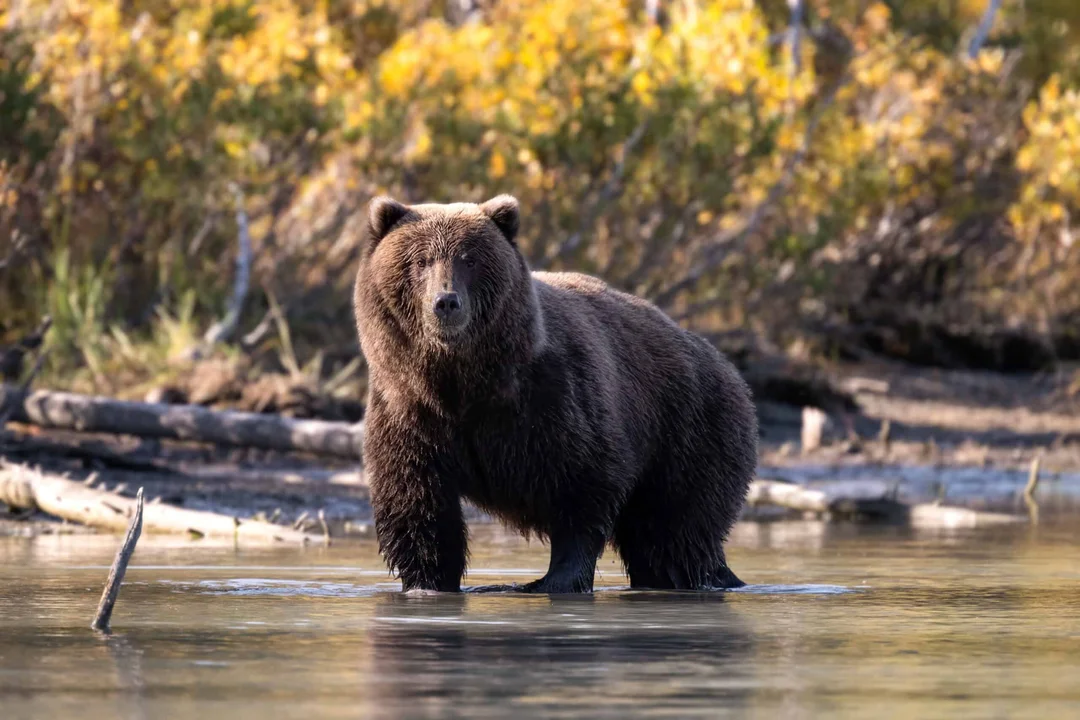
Alaska’s Predator Control Program Declared Unconstitutional: A Turning Point for Wildlife Conservation
In a landmark ruling, an Anchorage Superior Court judge has declared the Alaska Department of Fish and Game’s controversial predator control program unconstitutional. This decision comes amidst growing concerns for the Machatna caribou herd, which has seen its population plummet from around 200,000 in 1997 to approximately 13,000 today.

The DNR initiated this program with the aim of increasing the caribou population by culling predators, initially targeting wolves (Canis lupus) but ultimately expanding their efforts to include brown bears (Ursus arctos), which also impact the fragile caribou population. Judge Andrew Guidi emphasized the absence of due process and insufficient public notification as critical flaws that rendered the program unconstitutional.
The ruling highlights a significant shift in wildlife management philosophy—it raises fundamental questions about ethical wildlife control and the extent to which government agencies can intervene in natural ecosystems. The program was intended to help restore balance in a declining caribou herd, but it illustrates the complexities of predator-prey dynamics in ecology.
As conservationists and the public respond to this development, it becomes essential to explore alternative methods for caribou population recovery that prioritize ecological integrity and public engagement. The court's decision signals a cautious step towards re-evaluating actions that can have sweeping implications on animal welfare and ecosystem health.
The decline of the Machatna caribou is a concerning indicator of broader environmental issues. It raises awareness about habitat loss, climate change, and the pressing need for sustainable wildlife practices that take into account the interconnectedness of species within their habitats.
Moving forward, this ruling may serve as a catalyst for change in wildlife management policies not only in Alaska but across the globe. As we ponder how best to protect our natural treasures, the question remains: Can humane and effective conservation strategies be implemented without resorting to drastic measures like predator control?
We invite our readers to share their thoughts on this important topic. How can we strike a balance between wildlife conservation and the management of predator populations? Let us know your opinions in the comments below.